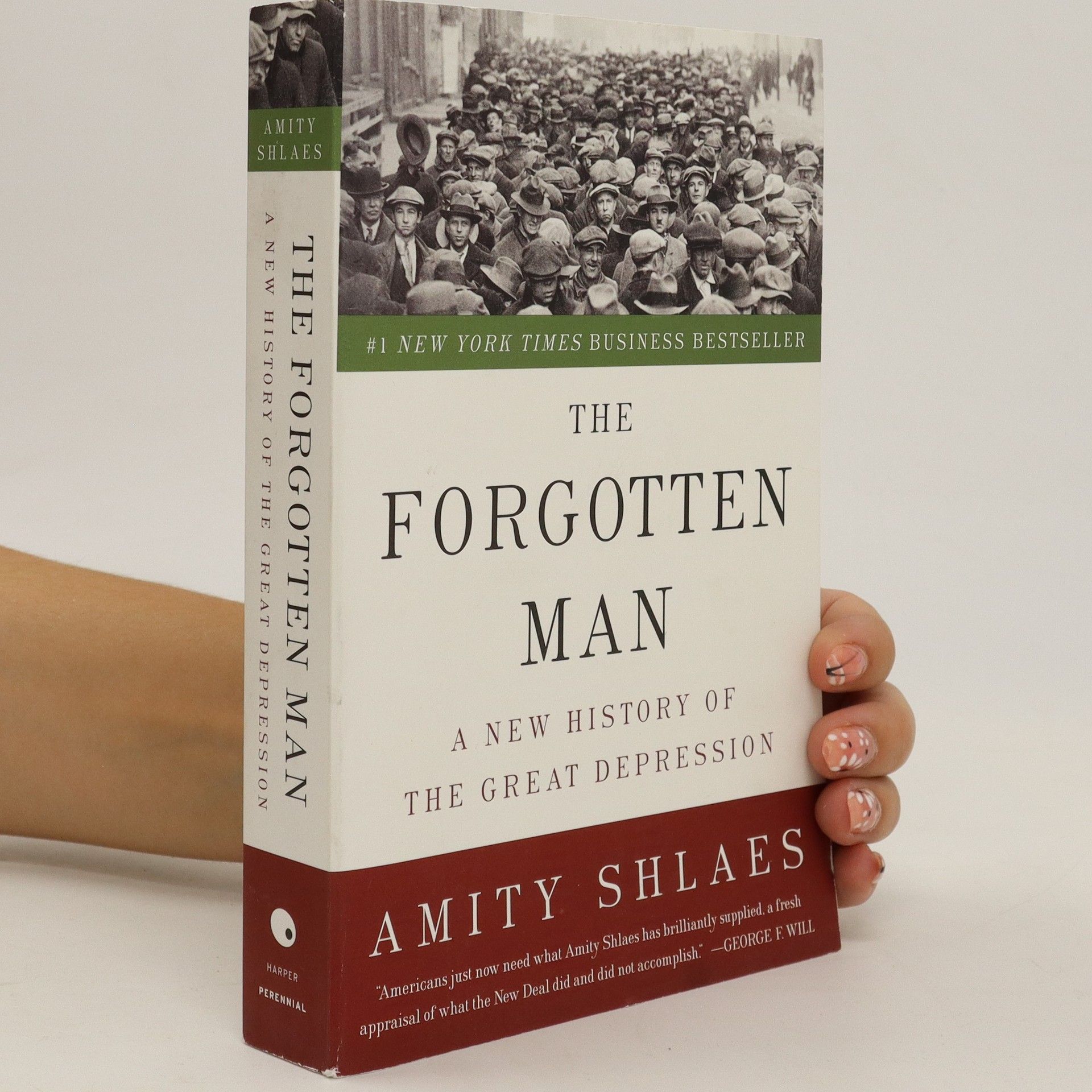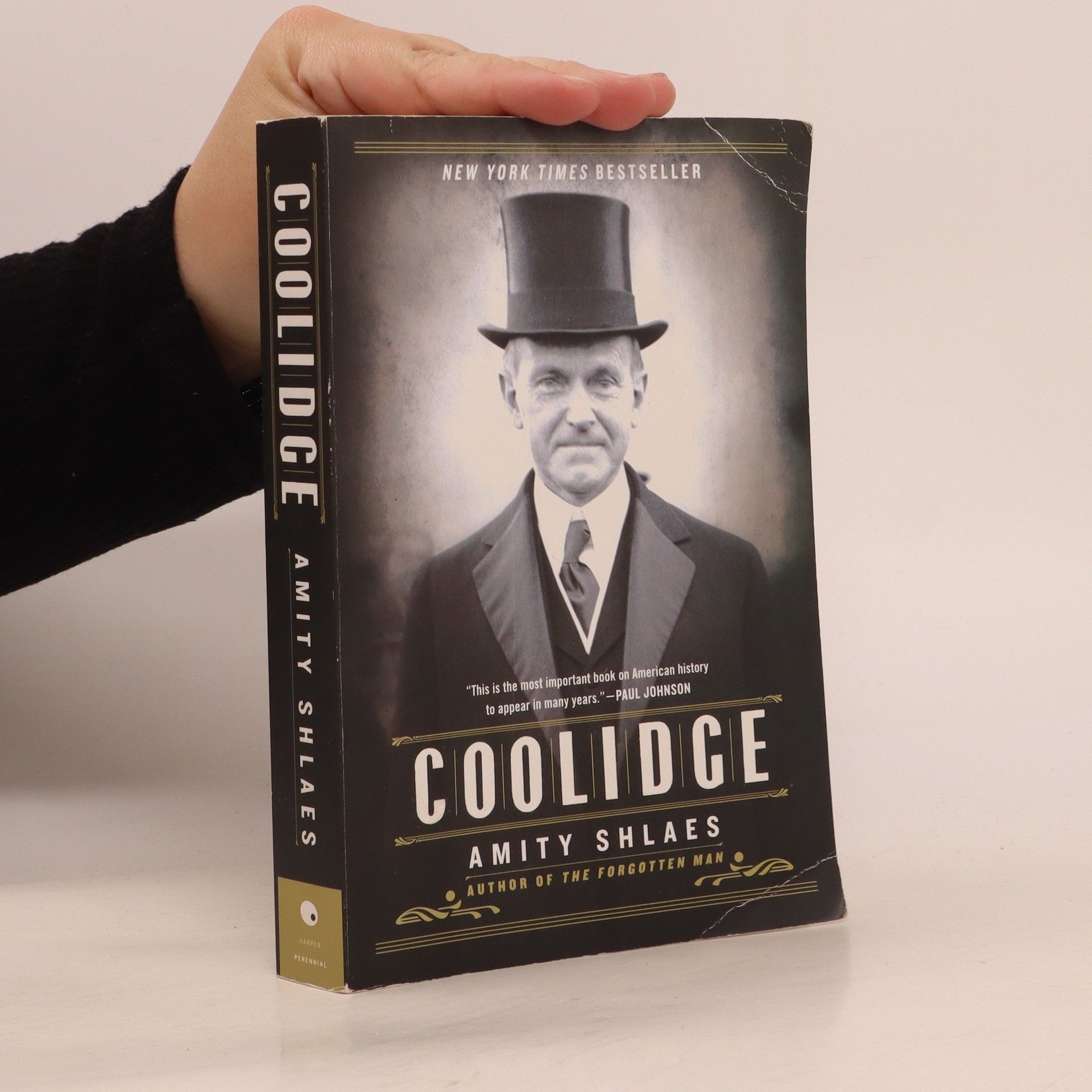Great Society
- 528 stránek
- 19 hodin čtení
Today, a battle rages in our country over socialism and economic redistribution versus purer capitalism. In the 1960s, Americans sought similar goals: ending poverty, improving middle-class living standards, and expanding access to healthcare and education. The debates then mirrored today’s discussions about socialism and capitalism, with a preference for public sector solutions under presidents like John F. Kennedy, Lyndon Johnson, and Richard Nixon. However, the idealistic targets remained elusive, and programs initiated by Johnson and Nixon led to a cycle of government dependence for millions. Ironically, the entitlement commitments from that era now hinder necessary reforms for the future. This work serves as a powerful companion to the author’s earlier history of the 1930s, revealing that Johnson and Nixon, often viewed as opposites, shared striking similarities. The failures in Vietnam, driven by technocratic planning, parallel domestic failures caused by the same elite mindset. Blending history and biography, the text portrays influential figures from this transformative period, including U.S. Presidents, labor leaders, and economists. It also sheds light on figures like Ronald Reagan and socialist Michael Harrington. Drawing on economic expertise and historical insight, the author challenges the traditional narrative, offering a critical examination of idealism’s consequences, with lessons pertinent to our current cont


